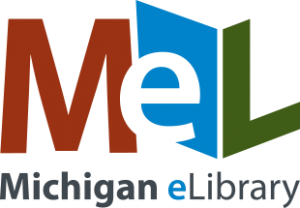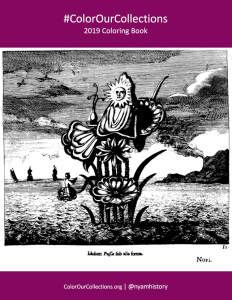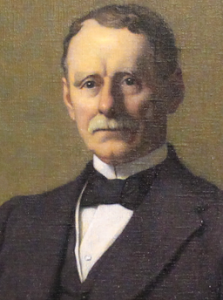
Welcome back! The Library’s Spring Term hours are:
April 1 – June 8, 2019:
Mon– Thurs: 8 a.m – 2 a.m.;
Fri: 8 a.m. – 10 p.m.;
Sat: 9 a.m. – 10 p.m.;
Sun: 11 a.m. – 2 a.m.

Welcome back! The Library’s Spring Term hours are:
April 1 – June 8, 2019:
Mon– Thurs: 8 a.m – 2 a.m.;
Fri: 8 a.m. – 10 p.m.;
Sat: 9 a.m. – 10 p.m.;
Sun: 11 a.m. – 2 a.m.

It’s National Cleaning Week! This week is conveniently break week, so we’re dusting up a storm and organizing our shelves to have a sparkling clean library for you in Spring Quarter.
How are you celebrating?

The MeLCat central server (elibrary.mel.org) is scheduled for a software upgrade on Wednesday, March 27, beginning at 7:00am. We expect the server to be down for several hours. While the catalog may re-appear and be searchable, placing requests and other functionality as outlined below may work until the server is fully restored.
What This Means for You
1. You will NOT be able to place new MeLCat requests or directly search MeLCat (http://elibrary.mel.org). Keyword searching will be available via MeL Discovery at http://mel.org, but MeLCat requests cannot be made, and the item status may not be current.
2. Users attempting to renew their MeLCat items may get a “server unavailable” message.
3. Though the MyMeLCat link will not work, you can use this alternative link to access your patron record and review your MeLCat requests:
https://dcb2.mel.org/patroninfo.
If you have questions, please contact us at library@kzoo.edu.

Today is National Tolkien Reading Day!
J.R.R. Tolkien (1892 – 1973) was an English writer, poet, philologist and university professor. He was best known as the author of the classic works The Hobbit, The Lord of the Rings, and The Silmarrillion.
This day was started in 2003 by the Tolkien Society to encourage the readings of J.R.R. Tolkien. March 25th was chosen as the date to honor the downfall of Sauron and the fall of Barad-dûr in Tolkien’s The Lord of the Rings.
We’ve already had our Second Breakfast. What will you be reading today?

You made it! Have a wonderful break!
The Library is open limited hours during spring break, March 20-31, 2019:
Monday – Friday: 8am – 5pm;
Saturday – Sunday CLOSED.
Regular Spring Term hours begin April 1 (no joke!).

Good luck on exams — you can do this!
Library hours for winter exam week are:
Sunday, March 17: 9am – 2am
Monday, March 18: 8am – 2am
Tuesday, March 19: 8am – 10pm
Spring break hours begin Wednesday, March 20:
Monday – Friday: 8am – 5pm
Saturday – Sunday CLOSED
Regular hours begin Monday, April 1, 2019.

The Library will host therapy dogs TODAY, March 14, in the lobby. Stop by between 3:00 and 4:30 to pet Derby, Tucker, Flirt, Sophie, Comet, Maya, and Jake!

Looking for a way to de-stress? Come to the Library this week and have some fun! Give yourself a study break and color or play with clay in the library lobby. We’ll have tables set up in the lobby all week.
Therapy dogs will be here on Thursday, March 14 from 3:00pm – 4:30pm!
You can also use these free coloring books from libraries and museums around the world! In the 2019 #ColorOurCollections project, 113 cultural institutions worldwide participated, sharing free printable coloring pages based on their acquisitions.
We hope to see you!

Relax and relieve some stress by spending a few minutes petting a furry animal friend! Therapy dogs will visit campus in the Kalamazoo College Library lobby on Thursday, March 14th from 3 p.m. – 4:30 p.m. De-stress a bit with a canine companion before finals week kicks in.
Date: Thursday, March 14th, 2019
Time: 3 p.m. – 4:30 p.m.
Location: Upjohn Library Commons Lobby
1200 Academy St., Kalamazoo, MI 49006
Contact: Stacy Nowicki: stacy.nowicki@kzoo.edu

Who was A. M. Todd? Come see the last couple of weeks of the Winter Quarter Rare Book Room exhibit, A. M. Todd and the Case of the Rare Books to solve the mystery!
January 7 – March 16, 2019
Tues – Wed: 8:30 a.m. – 12 p. m.
Fri: 8:30 a.m. – 5 p.m.
Other times by appointment.